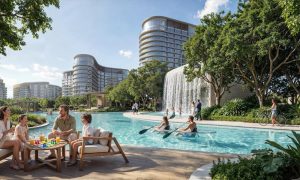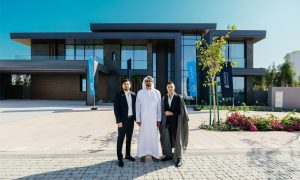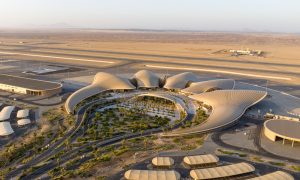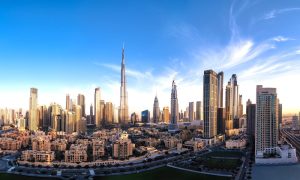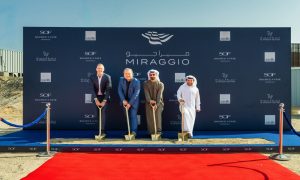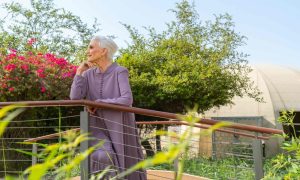96m tall Burj Zanzibar to be built using hybrid timber technology
The project is to be executed by a consortium of specialists from Switzerland, Austria, Germany, South Africa, Tanzania and the United States

CPS has unveiled plans for a 28-storey residential tower in Zanzibar that will be built using hybrid timber technology. Burj Zanzibar is designed to be a 96m tall vertical green village and will stand as “an iconic landmark not only for the island but for the whole of Africa and a global environmental milestone, being the first timber structure worldwide of such proportions”.
According to the company, the design of the building is that of “a playful beehive style”. Dutch-born architect Leander Moons is responsible for the design and said, “Burj Zanzibar is not just an outstanding building but a new ecosystem for the future of living”.
The architectural style is said to be reminiscent of a beehive with honeycombs and combines modern urban trends with local culture. Moons added, “Panorama windows, closed-in green loggias and a modular layout will enhance the green nature of the tower and allow for flexible apartment floor plans, tailor-made for any cultural preferences.”
In July 2022, in an exclusive interview with Middle East Construction News (MECN), CRTKL’s Preeti Mogali said the built environment must design and implement sustainable projects to protect the planet, improve health and increase resilience.
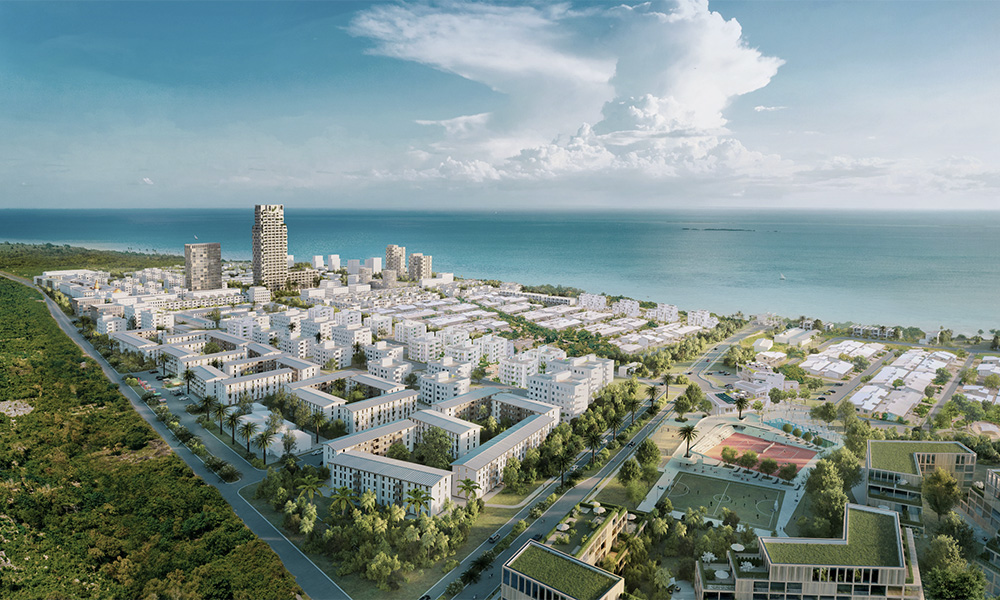
The residential tower will feature 266 residences and will take shape in Fumba Town, East Africa’s eco-town developed by German-led engineering firm CPS. Billed as a strategic investment and fully supported by the Zanzibar government, the growing city near the capital stretches along 1.5km of seashore on the southwest coast.
“Burj Zanzibar will be the highlight and natural continuation of our efforts to provide sustainable housing in Africa, thereby empowering local employment and businesses,” stated CPS CEO Sebastian Dietzold.
According to the firm, timber is the oldest building material in the world and is currently enjoying a renaissance because of its environmental benefits and longevity. New timber products such as cross-laminated timber (CLT) and glulam are considered the building material of the future. One cubic metre of wood binds half a ton of carbon dioxide, whereas conventional concrete construction is responsible for 25% of CO2 emissions, CPS pointed out.
In September 2022, Katarina Uherova Hasbani, Partner and Global Director of Strategy and Advisory at AESG told MECN that all sectors must work together to ensure a brighter, safer future.
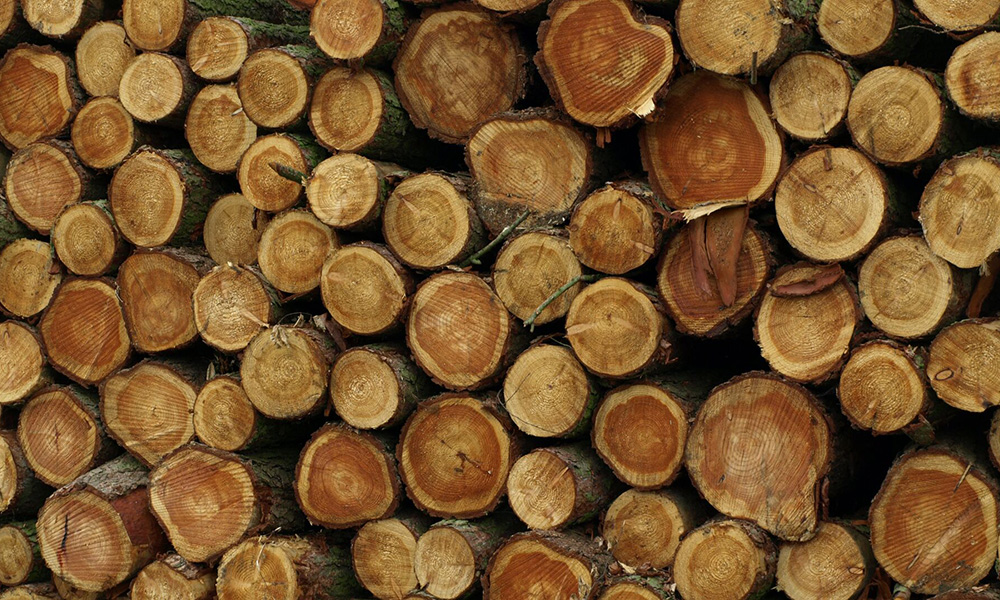
Once complete, Burj Zanzibar will be the highest timber building in the world and Africa’s first high-rise ever to use the technology. In July, the 86.6m Ascent Tower in Milwaukee was certified as the world’s tallest timber hybrid building by the Council on Tall Buildings and Urban Habitat (CTBUH), CPS explained.
Discussing the tower in detail, CPS said Burj Zanzibar is planned as a hybrid timber tower; a steel-reinforced concrete core is designed to meet all required fire and life safety standards. It said the project is to be executed by a consortium of specialists from Switzerland, Austria, Germany, South Africa, Tanzania and the United States.
Green roof gardens and planted balconies further reduce the carbon footprint of the building, CPS remarked. “Burj Zanzibar will be a widely visible new landmark for Zanzibar and beyond, not only because of its appearance but because of its construction method,” said Moons during the launch event.
In October 2022, Global Mission launches $17bn fund to achieve UN’s 17 Sustainable Development Goals.
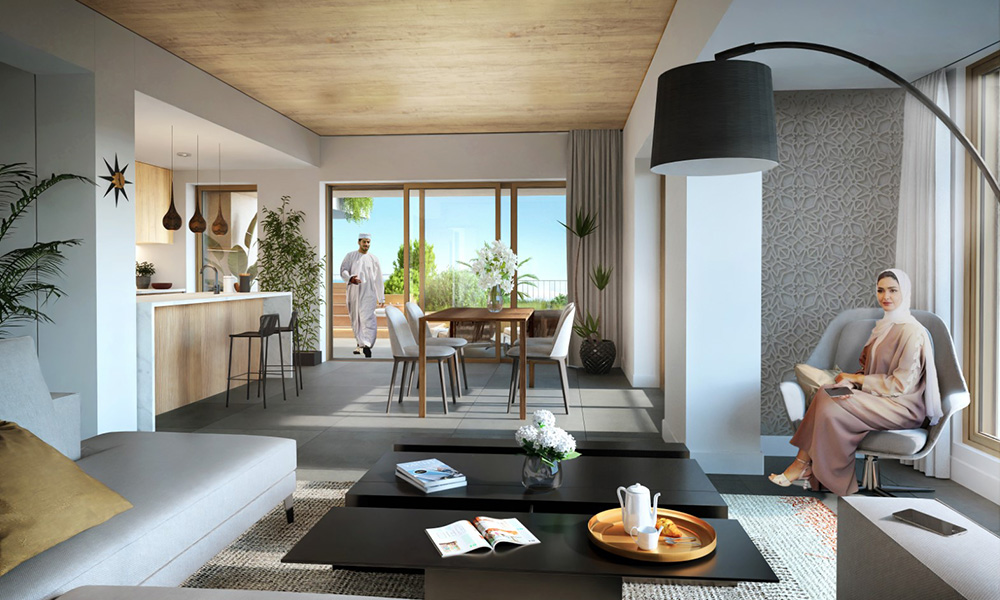
The project will promote locally available wood as a building material, and CPS said that Tanzania and its vast land resources for agroforestry would also benefit from the ambitious green mega tower. “An enlarged forest industry could create hundreds of thousands of jobs in the East African country,” commented CPS Director Dietzold.
The structure will offer studio, one- and two-bedroom apartments and deluxe penthouses, and is to stand on a terraced podium with shared and private gardens, shops and a common pool.
“As a global architectural highlight, the Burj Zanzibar will be setting a new benchmark of building in the 21st century,” Dietzold concluded.
